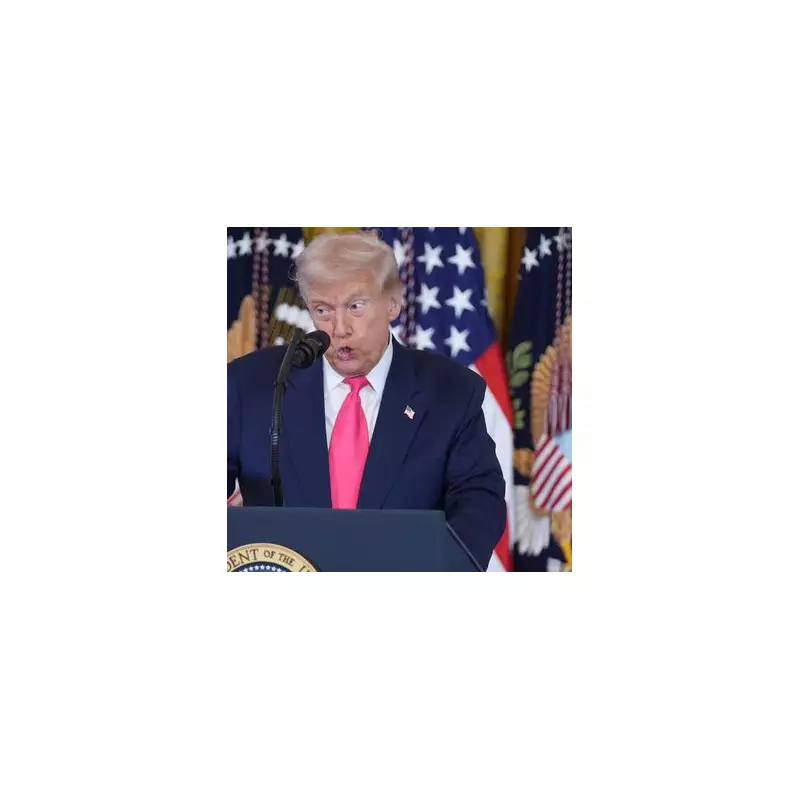
In a week where irony didn't just die but was "hung, drawn and disembowelled," the BBC faced furious attacks on its integrity from some of Britain's most notorious truth-evaders, writes columnist Brian Reade.
The Hypocritical Assault on BBC Integrity
Boris Johnson led the charge for the BBC's demise, describing a badly edited clip about Donald Trump's insurrection-inciting speech as a "scandalous fabrication." This from a proven liar whose own relationship with truth has cost Britain dearly.
Nigel Farage loudly complained about the BBC's "institutionalised left-wing bias," despite the corporation's scrupulously even-handed editorial policy giving his Leave campaign excessive credibility during the Brexit referendum. The BBC's current politics programmes now provide Reform with far more airtime than its mere five Westminster seats deserve.
Former Sun editor Kelvin MacKenzie appeared on news channels questioning BBC journalism's integrity. This from the journalist who maintained for decades the lie that Liverpool fans killed and urinated on fellow supporters at Hillsborough.
And Donald Trump, convicted of 34 falsehood felonies, threatened to sue the BBC for a billion dollars for misrepresenting his Big Lie about the "stolen" US election that sparked the Capitol Hill riot. He's currently granting unconditional pardons to 77 disgraced lackeys who conspired with him to overturn the 2020 election result.
Recognising BBC Imperfections While Defending Its Value
The BBC is far from perfect. The editing of Trump's speech on Panorama - and possibly Newsnight - represented terrible journalism that required swift corrective action. The corporation must be quicker to acknowledge its mistakes, particularly regarding accuracy, because its hard-earned reputation for impartiality remains too precious to sacrifice through isolated competence failures.
Behind the scenes, fingers point at Tory sympathisers within the BBC's upper echelons, allegedly collaborating with the right-wing Daily Telegraph to orchestrate the hatchet job that prompted resignations and left the corporation reeling.
Why the BBC Remains Indispensable in the Digital Age
At a time when every charlatan, fraud, conspiracy theorist and racial supremacist can broadcast opinions disguised as news through social media or libertarian channels like Fox and GB News, maintaining a robust BBC becomes increasingly vital.
Consider what would be lost: its superb dramas, comedies and documentaries that contributed to record £2.2 billion in commercial sales last year. Or its journalism, consumed globally each week by 450 million people who trust its unrivalled impartiality - an impartiality demonstrated whenever BBC reporters ask the toughest questions of their own bosses during internal crises.
The BBC rightly apologised to Trump, but equally deserved an apology from his press secretary who posted on X: "@BBCNews is dying because they are anti-Trump fake news." The reality is the BBC represents the polar opposite of fake news and shows no signs of expiration.
If Farage's Reform party, or a Reform-Tory coalition, wins the next election, the world's greatest broadcaster faces being killed with "lusty venom." And Britain would become immeasurably poorer for its destruction.





